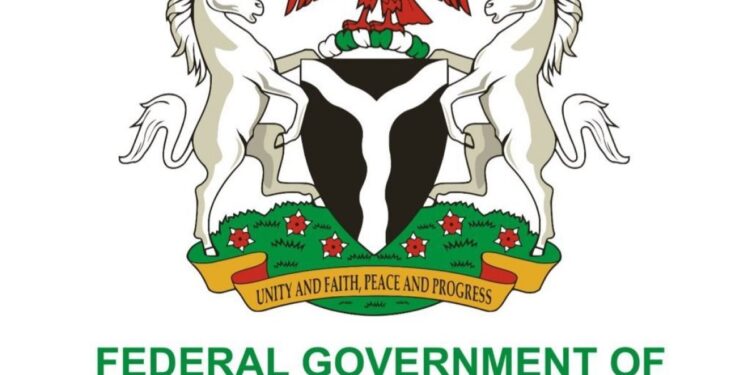In a significant policy shift aimed at reducing energy costs and promoting clean energy, the Federal Government of Nigeria has removed Value Added Tax (VAT) on various energy products. This move is part of a broader effort to ease the financial burden on citizens and accelerate the country’s transition to sustainable energy sources.
The announcement was made by the Minister of Finance and Coordinating Minister of the Economy, Mr. Wale Edun, on Wednesday. According to Edun, the VAT exemptions apply to key energy products such as diesel, Liquefied Natural Gas (LNG), Compressed Natural Gas (CNG), and electric vehicles, among others. The exemptions are outlined in the **VAT Modification Order 2024**.
Edun emphasized that these measures are designed to lower living costs, enhance Nigeria’s energy security, and facilitate a faster shift to cleaner energy sources. “These steps will help reduce the financial pressure on Nigerians while bolstering the country’s energy landscape,” he stated.
Tax Incentives for Offshore Oil and Gas Projects
In addition to the VAT exemptions, the Federal Government introduced new tax incentives for deep offshore oil and gas production. These incentives, part of the **Oil & Gas Companies (Tax Incentives, Exemption, Remission, etc.) Order 2024**, aim to position Nigeria as a premier destination for global oil and gas investments.
The Minister explained that the incentives are in line with President Bola Ahmed Tinubu’s investment-focused policy directives. These reforms underscore the administration’s commitment to fostering growth in the energy sector and enhancing Nigeria’s global competitiveness in the oil and gas industry.
Broader Tax Reforms Underway
The latest tax reforms are part of a broader initiative launched by President Tinubu in August 2023, following the establishment of a tax and fiscal policy committee headed by tax expert Taiwo Oyedele. The committee’s mandate includes revising Nigeria’s tax framework to stimulate economic growth and improve public welfare. Among the committee’s proposals are tax exemptions for low-income earners and an increase in VAT for other sectors to balance the fiscal equation.
These reforms represent a strategic push by the government to drive investment in critical sectors while providing relief to ordinary Nigerians, especially in the face of rising living costs and energy demands.











